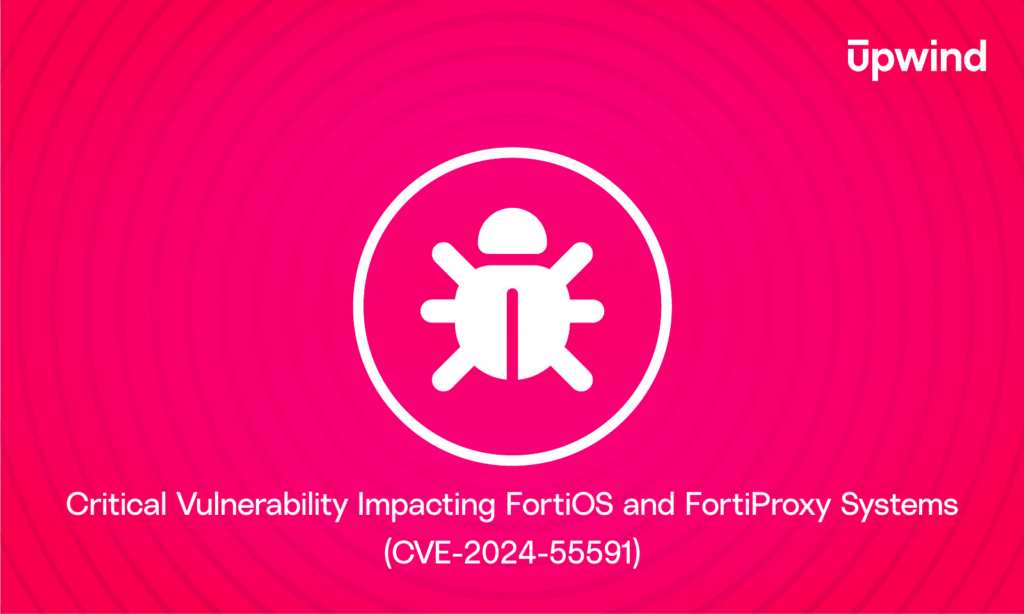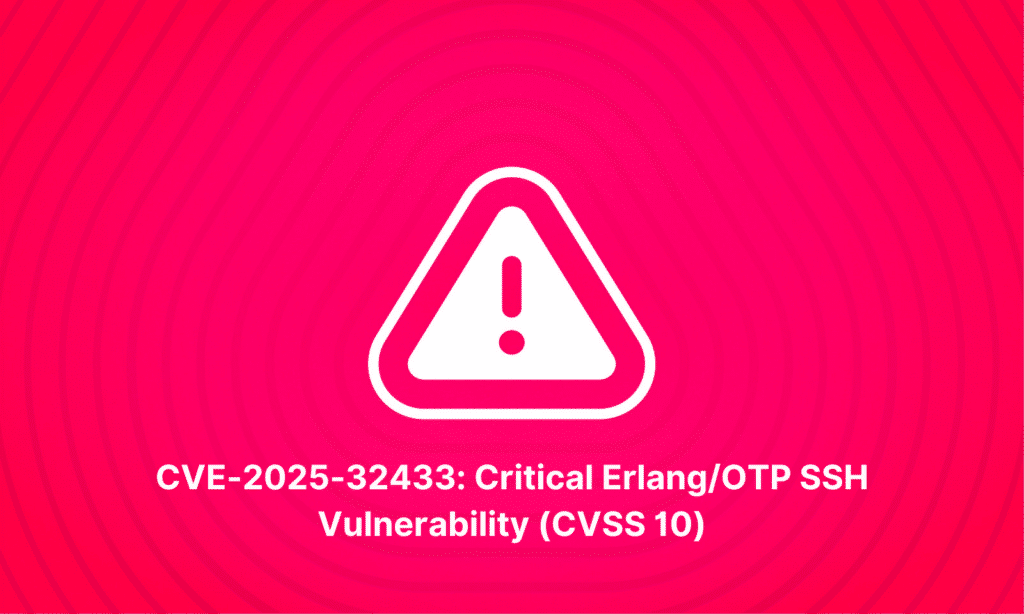
On January 14, 2025, Fortinet announced a critical vulnerability impacting its FortiOS and FortiProxy systems, CVE-2024-55591 is an authentication bypass zero-day vulnerability that has been actively exploited since mid-November 2024, enabling attackers to hijack Fortinet firewalls and compromise enterprise networks. Successful exploitation grants remote attackers super-admin privileges via malicious requests to the Node.js websocket module.
Discovery and Response
Fortinet and cybersecurity firm Arctic Wolf jointly identified this campaign, which involves unauthorized administrative access, creation of rogue accounts, and configuration changes. Exploited devices have exhibited activity such as new admin and local users added to VPN groups, changes to firewall policies, and SSL VPN tunneling through rogue accounts.
Fortinet has issued mitigation guidance, including disabling the HTTP/HTTPS administrative interface or restricting access to trusted IPs via local-in policies. Arctic Wolf highlighted that the attacks involved a rapid sequence of phases, starting with vulnerability scanning in November 2024 and culminating in lateral movement by late December 2024.
CVE-2024-55591 Impact
Exploitation of this zero-day vulnerability involves remote authentication bypass, enabling attackers to escalate privileges to super-admin. Compromised devices have been used for account creation, policy manipulation, and VPN tunneling, with significant risk of lateral movement across networks.
Fortinet and Arctic Wolf identified the following dates for the attack phases:
- Vulnerability Scanning: November 16–23, 2024
- Reconnaissance: November 22–27, 2024
- SSL VPN Configuration: December 4–7, 2024
- Lateral Movement: December 16–27, 2024
Affected Versions
FortiOS
- Versions
7.0.0through7.0.16 - Versions
7.2.0through7.2.12
Recommended fix:
- Upgrade to
7.0.17or above
FortiProxy
- Versions
7.0.0through7.0.19 - Versions
7.2.0through7.2.12
Recommended fix:
- Upgrade to
7.2.13or above
Recommended Actions
Fortinet advises organizations to:
- Disable
HTTP/HTTPSadministrative access or restrict access to trusted IPs using local-in policies. - Monitor logs for unauthorized logins, rogue account creation and unexpected policy changes.
- Ensure firewall management interfaces are not exposed to the Internet.
- Upgrade FortiOS to
7.0.17or above and FortiProxy to7.2.13or above to mitigateCVE-2024-55591.
Organizations should prioritize securing FortiGate firewalls and related devices to prevent further exploitation of this vulnerability. For additional information or assistance with mitigation efforts, contact us at [email protected].





